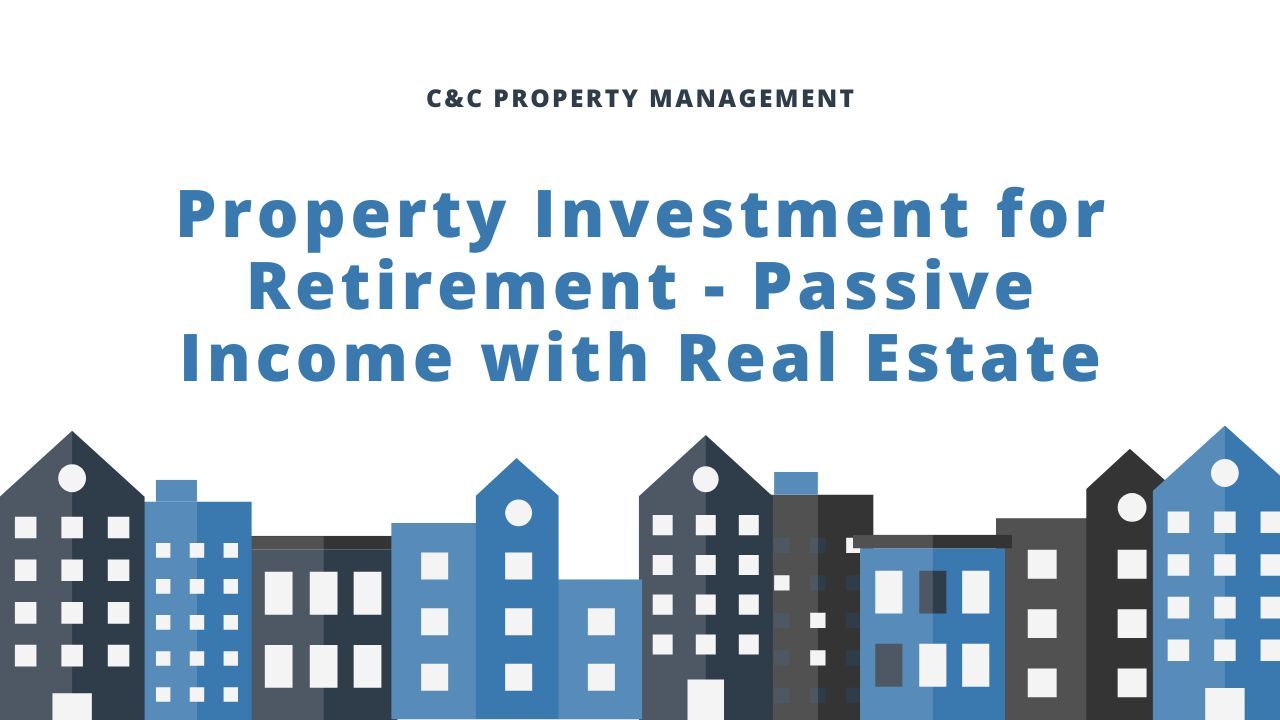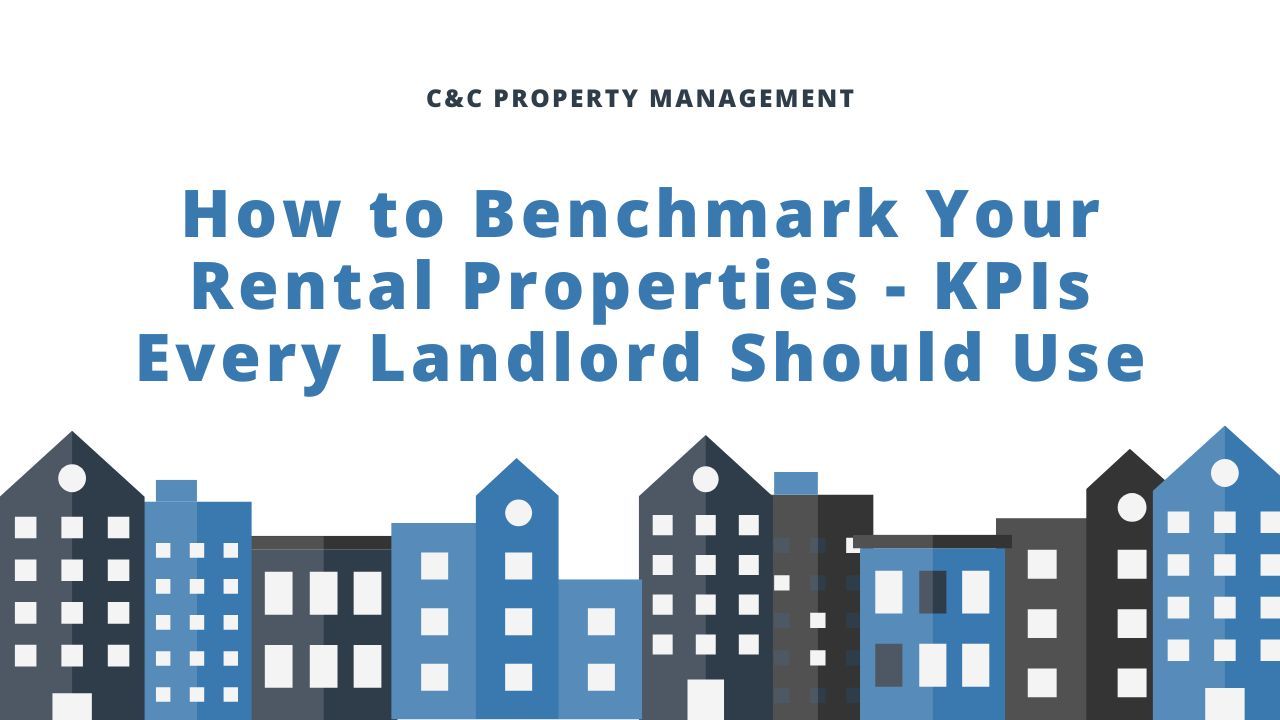Understanding the Potential Implications of a US Default on Investors
The possibility of a United States default is a matter of great concern for investors and financial markets worldwide.

A default would occur if the US government fails to meet its financial obligations, including the payment of interest and principal on its outstanding debt. In this blog post, we will delve into what a US default entails and discuss the potential implications it could have on investors.
The US government issues debt in the form of Treasury bonds, bills, and notes to finance its operations and cover budget deficits. These securities are considered among the safest investments globally, as the US has historically been viewed as a reliable borrower. However, if the government is unable to meet its debt obligations, it would be deemed in default.
Implications for Investors:
- Bond Market Volatility: A US default would create significant turmoil in the bond market. Treasury bonds, once considered risk-free, would suddenly carry substantial risk, leading to a surge in bond yields and a decrease in bond prices. Bondholders, including institutional investors and foreign governments, would face potential losses.
- Stock Market Turbulence: A default could trigger a wave of uncertainty and panic in the stock market. Investors' confidence in the US economy would be severely shaken, causing a sell-off in equities. This sell-off could lead to a sharp decline in stock prices, negatively impacting portfolios and retirement savings.
- International Ramifications: The US default would have ripple effects across the globe. Treasury securities serve as a foundation for the global financial system, acting as benchmarks for interest rates and collateral for various financial transactions. A default could undermine confidence in the US dollar as the world's reserve currency, leading to disruptions in global trade and financial stability.
- Increased Borrowing Costs: A US default would make borrowing more expensive for the government, as investors would demand higher yields to compensate for the increased risk. This would result in higher interest rates for other borrowers, such as consumers and businesses, making it more costly to finance investments and expansion.
- Weakening of the US Economy: A default could have far-reaching consequences for the US economy. Higher borrowing costs, reduced consumer and investor confidence, and potential credit rating downgrades would hinder economic growth. This could lead to reduced business investment, job losses, and decreased consumer spending.
- Currency Depreciation: The US dollar, being the world's reserve currency, could face depreciation in the event of a default. Investors may seek refuge in other safe-haven currencies, leading to a decline in the dollar's value relative to other currencies. This depreciation could impact international investments and the purchasing power of US consumers.
While a US default remains a worst-case scenario, it is crucial for investors to understand the potential implications it could have on their portfolios and the broader financial landscape. A default would trigger market volatility, increase borrowing costs, weaken the US economy, and have international ramifications. As an investor, staying informed and diversified across asset classes and regions can help mitigate the risks associated with such an event.








